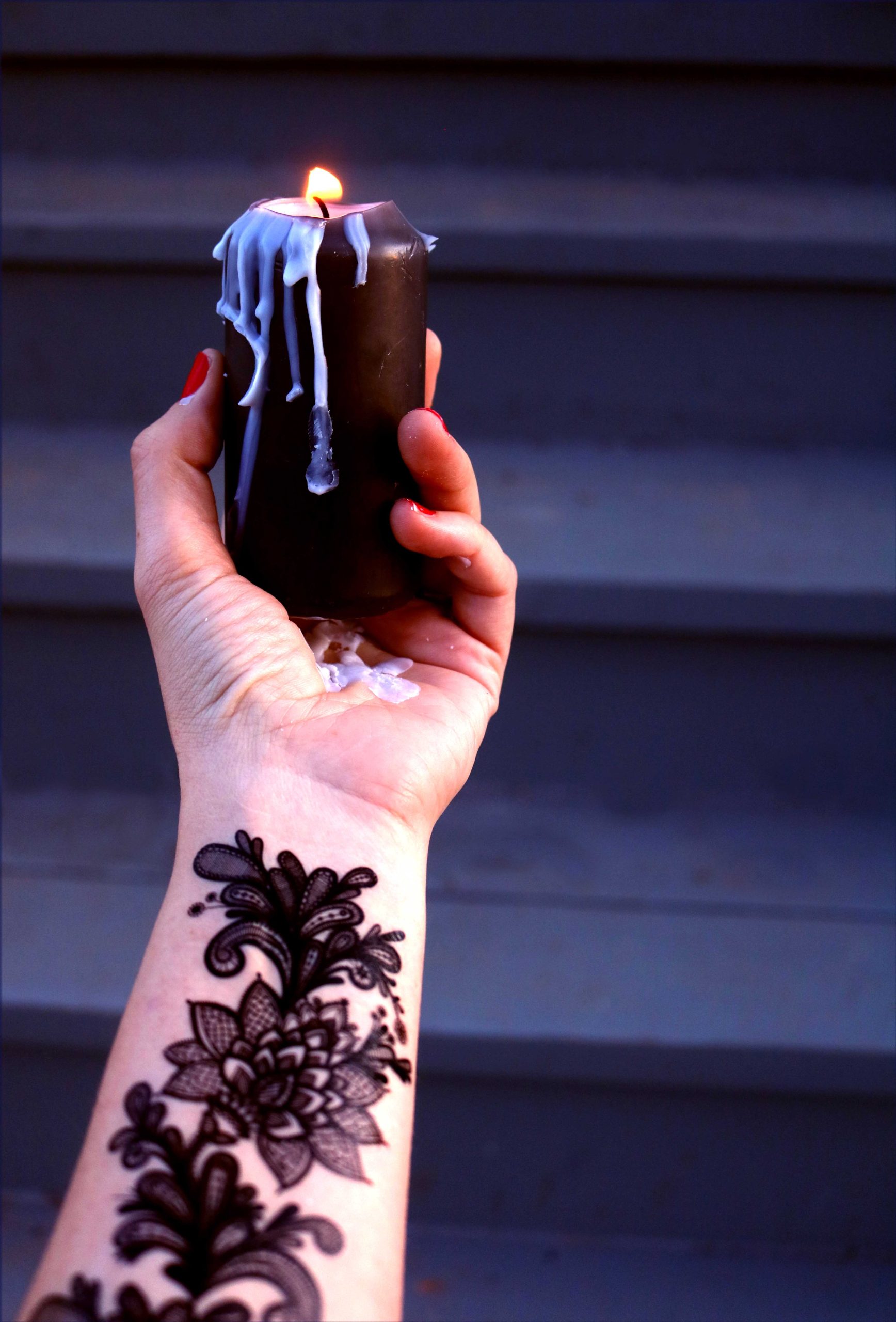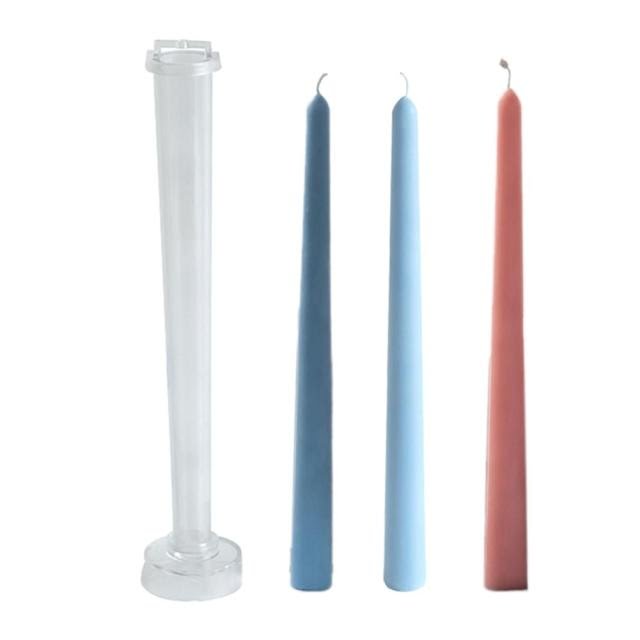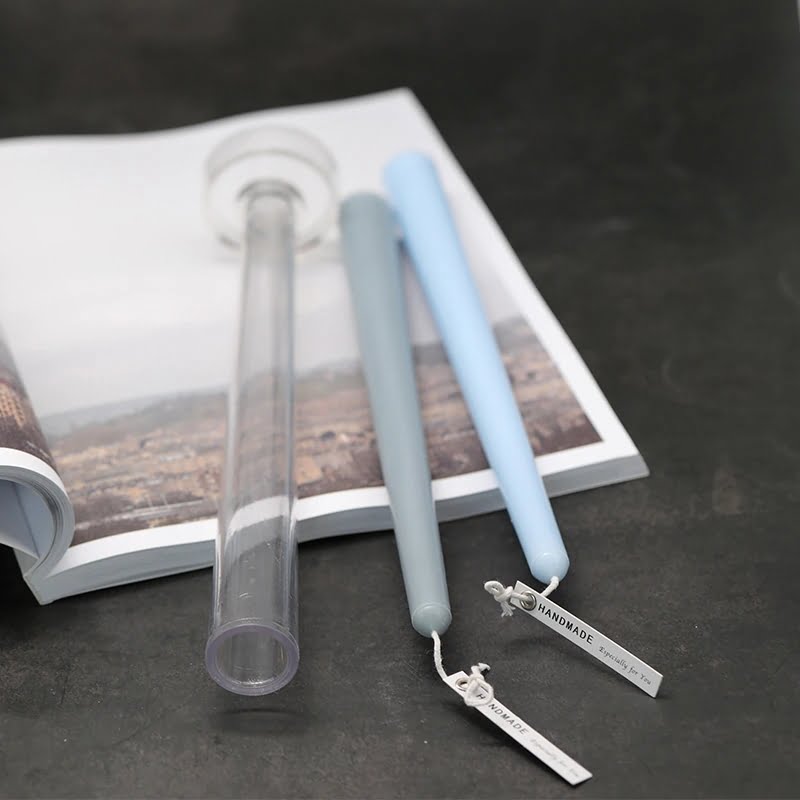Are you wondering why is my candle making crackling noises? It can be quite alarming to hear your candle producing crackling sounds, especially if you’re unsure of the cause.
In this article, we will explore the issue of crackling noises in candles and why it is important to address this problem. Understanding the science behind it, common causes, preventative measures, troubleshooting solutions, and the impact of using high-quality candles will all be discussed to provide you with a comprehensive guide on dealing with this issue.
When enjoying a candlelit ambiance, the last thing anyone wants to hear is an unexpected crackling noise coming from their candle. Not only can these sounds be disruptive to your relaxation time or dinner conversation, but they may also indicate an underlying issue with your candle. Addressing the cause of these noises is crucial for ensuring both your enjoyment and safety while using candles.
Throughout this article, we will delve into the various factors that can contribute to candle crackling, including the science behind how candles are made, environmental influences, common causes such as moisture and wick quality, and how soot can impact crackling noises. By understanding these elements, you’ll be equipped with the knowledge to identify potential issues and take proactive measures to prevent or address them.
So let’s get started by exploring what exactly causes your candle to make those unsettling crackling noises.
Understanding the Science Behind It
Candles are a common source of light and ambiance in many homes, but it can be concerning when they start to make crackling noises. Understanding the science behind why candles make these sounds can help shed some light on the issue and provide insight into how to prevent or address it.
The process of candle-making involves melting wax and adding a wick, which is then allowed to solidify. When the candle is lit, the heat from the flame causes the wax to melt and be drawn up the wick, where it vaporizes and combusts. This process is what produces the light and heat from the candle. However, certain factors can cause the candle to produce crackling noises during this combustion process.
One of the primary reasons why candles make crackling noises is moisture. If there is any moisture present in the wax or wick, it can create small pockets of steam that explode when heated by the flame, leading to a crackling sound. Additionally, the type and quality of wax used can affect how evenly and cleanly a candle burns, which in turn can impact whether crackling occurs.
The environment in which the candle is burning also plays a role; drafty conditions or erratic airflows can cause uneven burning and crackling noises. Understanding these factors can help individuals troubleshoot their candles and take preventative measures to minimize or eliminate crackling sounds.
| Reasons for Candle Crackling | Impact |
|---|---|
| Moisture in the wax or wick | Pockets of steam exploding causing crackling noises |
| Type and quality of wax | Affects evenness and cleanliness of burn, impacting potential for crackling |
| Environment | Drafty conditions or erratic airflows causing uneven burning leading to crackling noises |
Common Causes of Candle Crackling
When it comes to enjoying a relaxing evening with a scented candle, the last thing anyone wants to hear is the disconcerting sound of crackling. If you’ve ever found yourself wondering, “why is my candle making crackling noises?” rest assured that you’re not alone. Understanding the common causes of candle crackling can help you address the issue and enjoy a peaceful ambiance without any unwanted sounds.
Factors that can cause crackling noises in candles:
- Moisture in the candle: Excess moisture in the wax can cause crackling as it burns. This can result from improper storage or exposure to humid environments.
- Type and quality of the wax used: Certain types of wax, such as soy or beeswax, may be more prone to producing crackling noises if not properly formulated or blended with other materials.
- Wick design and placement: The wick plays a crucial role in how a candle burns, and if it is not correctly positioned or sized for the specific type of wax being used, it can lead to crackling.
The Impact of Soot on Candle Crackling
Soot production can also contribute to crackling noises in candles. When a candle produces soot, particularly if it is excessive, it can lead to erratic burning patterns and audible crackling as the soot burns off. To minimize soot production, consider trimming your wick before each use and avoid burning candles for extended periods without allowing them to cool down.
It’s important to note that excessive soot production from candles could potentially pose health risks when inhaled over extended periods. This makes it essential for individuals who enjoy burning candles regularly to be mindful of proper ventilation and air quality within their living spaces.
The Impact of Soot on Candle Crackling
When it comes to the crackling noises emitted by candles, soot can play a significant role in contributing to this issue. Soot is the result of incomplete combustion of the candle’s wax and can manifest as black residue on the candle’s wick or surrounding areas. This build-up of soot can lead to crackling sounds as the flame struggles to burn through the excess residue. So, why is my candle making crackling noises? Soot may be the culprit.
To minimize soot production and reduce the likelihood of crackling noises, there are several preventative measures that can be taken. First and foremost, choosing high-quality, clean-burning candles made from natural waxes like soy or beeswax can significantly decrease soot production. Additionally, ensuring that the wick is trimmed to an appropriate length (usually around 1/4 inch) before each use will promote a more even and complete burn, reducing soot formation.
In addition to these measures, proper ventilation in the room where the candle is burning can also help minimize soot production. Adequate air circulation ensures that the flame has access to sufficient oxygen for combustion, reducing the likelihood of excessive soot formation and subsequently minimizing crackling noises. Lastly, keeping the candle away from drafts or overly windy areas can also prevent irregular burning patterns that may lead to increased soot production and disruptive crackling sounds during use.
Preventative Measures
When it comes to enjoying your favorite candles, dealing with crackling noises can be a real nuisance. So, why is my candle making crackling noises? There are a few factors that could be contributing to this issue. Understanding the science behind candle production and the common causes of crackling can help you take preventative measures to minimize these unwanted sounds.
One of the most common causes of candle crackling is moisture within the candle. When moisture is present, it can create a sizzling or crackling sound as the candle burns. Additionally, the type and quality of wax used in the candle can also impact how quietly it burns. Soy and beeswax candles tend to produce less noise compared to paraffin-based candles. The design and placement of the wick also play a crucial role in preventing crackling noises.
To reduce the likelihood of experiencing crackling noises in your candles, proper maintenance and care are essential. Keeping your candles away from areas with drafts or high humidity can help minimize moisture issues. Trim the wick before each use to ensure it remains at an optimal length for a clean burn. Choosing high-quality candles from reputable brands can also make a significant difference in reducing crackling noises.
| Cause | Preventative Measures |
|---|---|
| Moisture in the candle | Avoid placing candles in high-humidity areas; store them properly |
| Type and quality of wax used | Choose soy or beeswax candles over paraffin-based ones; prioritize high-quality materials |
| Wick design and placement | Trim wick before each use; ensure proper wick design and placement by choosing well-made candles |
By implementing these preventative measures, you can enjoy your candles without being interrupted by bothersome crackling noises.
Troubleshooting and Solutions
Steps to Take if Your Candle Is Making Crackling Noises
If you’re experiencing crackling noises coming from your candle, there are several steps you can take to troubleshoot and address the issue. First, try snuffing out the candle and allowing it to cool completely. Once cooled, trim the wick to about 1/4 inch to prevent an excessively large or unruly flame. This can often help reduce the crackling sounds.
If the wick has already been trimmed and the candle is still crackling, consider moving it to a different location. Drafts and air currents can cause a candle to burn unevenly, leading to crackling noises. Placing the candle in a more sheltered spot may alleviate this issue.
DIY Remedies for Addressing the Issue
For those who enjoy DIY solutions, there are a few methods you can try at home to reduce or eliminate crackling noises in your candles. One approach is to gently warm the surface of the wax with a hairdryer, then smooth it out with a warm spoon to even out any unevenness that may be contributing to the noise.
Another potential DIY remedy involves carefully melting down the top layer of wax and adding a small amount of wax hardener or additive designed for candles. This can help improve the overall burn quality of the candle and minimize crackling.
When It May Be Necessary to Seek Professional Assistance
In some cases, despite your best efforts, a candle may continue to produce noticeable crackling sounds. If this persists, it may be necessary to consult with a professional candle maker or supplier for further guidance and assistance. They can provide recommendations on alternative waxes, wicks, or candles that may be better suited for your specific environment or preferences. Additionally, they may have additional insights into factors contributing to candle crackling that you hadn’t considered.
The Importance of High-Quality Candles
Impact of Using High-Quality Materials
The use of high-quality materials in candle production can significantly impact the overall performance of a candle. When candles are made using top-grade wax and wicks, they are less likely to produce crackling noises during burning. This is due to the superior composition and construction of the materials, resulting in a cleaner and more efficient burn. High-quality candles also tend to emit a more consistent fragrance, creating a more enjoyable experience for users.
Potential for Lower Quality Candles
Lower quality candles, on the other hand, may be more prone to producing crackling noises. This can be attributed to the use of inferior wax and wick materials, which are more likely to create an uneven burn, leading to crackling sounds. Additionally, lower quality candles may not adhere to strict manufacturing standards, further increasing the likelihood of issues such as candle crackling.
Where to Find Reputable Candle Brands
If you are looking for high-quality candles that are less likely to make crackling noises, it is essential to purchase them from reputable brands and retailers. Established candle makers with a focus on quality control and customer satisfaction are more likely to offer products that deliver an optimal burning experience without disruptive crackling sounds.
Additionally, seeking out artisanal candle makers who prioritize craftsmanship and attention to detail can also lead to the discovery of exceptional candles that burn quietly and efficiently.
By investing in high-quality candles from trusted sources, consumers can enjoy a more peaceful and enjoyable burning experience while minimizing potential issues such as crackling noises. Selecting top-grade candles not only contributes to a better sensory experience but also promotes safety and peace of mind for users.
Closing Thoughts
In conclusion, understanding why your candle is making crackling noises is essential for ensuring a pleasant and worry-free experience when enjoying your favorite scents. The science behind candle-making, the impact of environmental factors, and common causes such as moisture, wax quality, and wick design all play a role in creating those unwanted sounds.
Soot production can also contribute to crackling noises, potentially posing health risks if not properly addressed. By taking preventative measures, practicing proper maintenance, and choosing high-quality candles, you can minimize the likelihood of experiencing these disruptive sounds.
It is important to remember that addressing the issue of candle crackling not only ensures a more enjoyable ambiance but also contributes to safer candle use. By recognizing the potential risks associated with soot production and lower quality materials, consumers can make informed decisions when selecting candles for their homes. Additionally, knowing how to troubleshoot and seek professional assistance when necessary allows individuals to address the issue effectively and promptly.
In summary, by being informed about the science behind candle crackling and implementing proper care practices, you can confidently enjoy your favorite scents without worrying about unwanted noise. Whether it involves choosing reputable brands or understanding the impact of environmental factors on candle performance, taking these measures promotes a safer and more enjoyable experience for all candle enthusiasts.
So next time you light up your favorite candle, rest assured that with the right knowledge and care practices in place, you can relax in peace with its warm glow and delightful fragrance.
Frequently Asked Questions
What Does It Mean When Your Candle Is Popping?
When your candle is popping, it usually means that there is some moisture or impurities in the wax. As the candle burns, these can create small explosions, producing the popping sound.
What Candles Sound Like Fire Crackling?
Candles that sound like fire crackling typically have a wooden wick. The crackling noise is created by the wick burning along with the wax, adding a cozy and natural ambiance to any room.
Why Did My Candle Start Sparking?
If your candle starts sparking, it could be due to several reasons such as a draft causing the flame to flicker or if you have trimmed the wick too short. It’s important to monitor your candle closely if this happens and take necessary precautions to ensure safety.

Welcome to my candle making blog! In this blog, I will be sharing my tips and tricks for making candles. I will also be sharing some of my favorite recipes.





